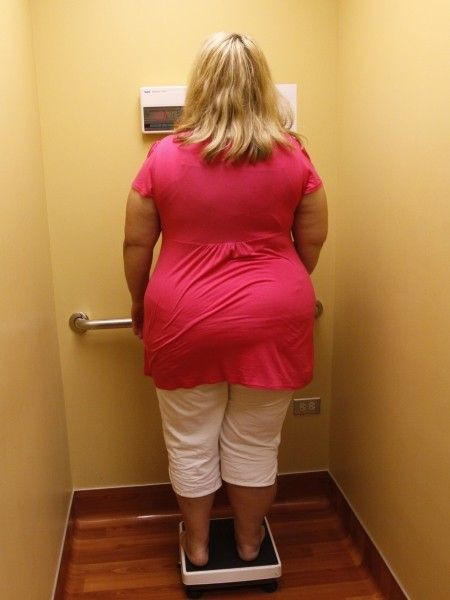Bariatric Surgery Recommended For Severely Obese Kids

With childhood obesity affecting 4.5 million children and adolescents in the United States, the American Academy of Pediatrics (AAP) has issued a new policy statement recommending bariatric surgery for severely obese children.
The new policy statement titled 'Pediatric Metabolic and Bariatric Surgery: Evidence, Barriers and Best practices' describes the current prevalence of severe obesity and forecasts a dramatically shortened life expectancy for much of the present generation compared to the previous one.
The lead author of the study Dr. Sarah C. Armstrong, professor of pediatrics, Duke University, Durham, North Carolina told Medscape medical news that there is currently an epidemic of obesity. There are currently 12 million U.S. children with obesity, but there is also this 'epidemic within an epidemic' of 4.5 million with severe or very severe obesity.
Severe obesity has been reported to increase with age. According to the recent estimates from the National Health and Nutrition Examination Survey, the prevalence of severe obesity among the youth is at 7.9% and found it to be increasing with age.
The authors opine that severely obese children have significantly higher weights and are also prone to serious health issues such as diabetes, hypertension and sleep apnea. The purpose of their study was to give a summary of the evidence and recommendations for decisions about when surgical options should be considered for childhood obesity.
The American Academy of Pediatrics 2019 National Conference discussed the policy statement along with their report on metabolic and bariatric surgery for pediatric patients with severe obesity. The AAP clearly supports efforts to improve food access and physical activity for children of all ages.
Although weight loss surgeries have never been intended to improve public health, the researchers say that they have found that kids with severe obesity were highly unlikely to reverse their childhood obesity via traditional lifestyle modifications.
This report also covers different kinds of surgical options and also gives evidence of their safety and efficacy in pediatric patients. The authors also give practice guidelines for pediatricians and other doctors who might want to recommend surgical weight loss procedures for their patients.
Metabolic and surgical treatment options for severe obesity in patients less than 18 years old have not only proven to be safe and effective but are also reported to sustain weight loss and reverse associated cardiometabolic disorders.
© Copyright IBTimes 2024. All rights reserved.






















